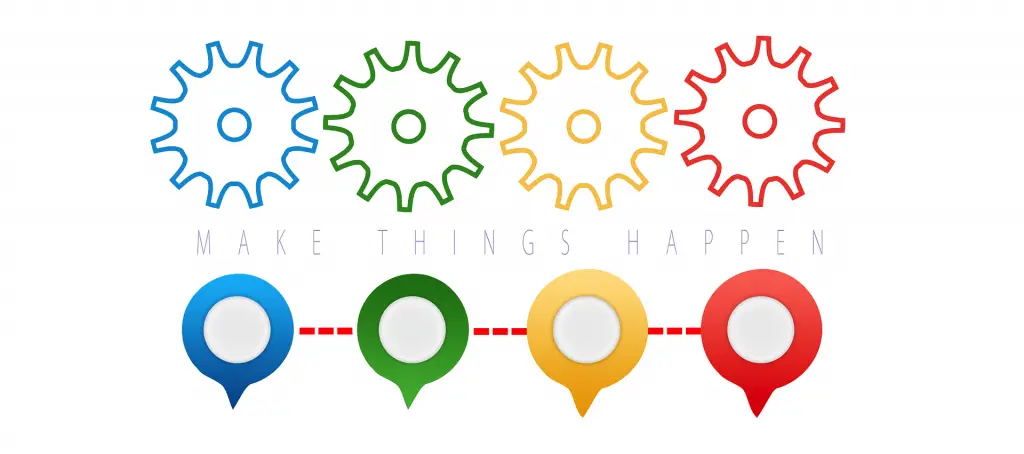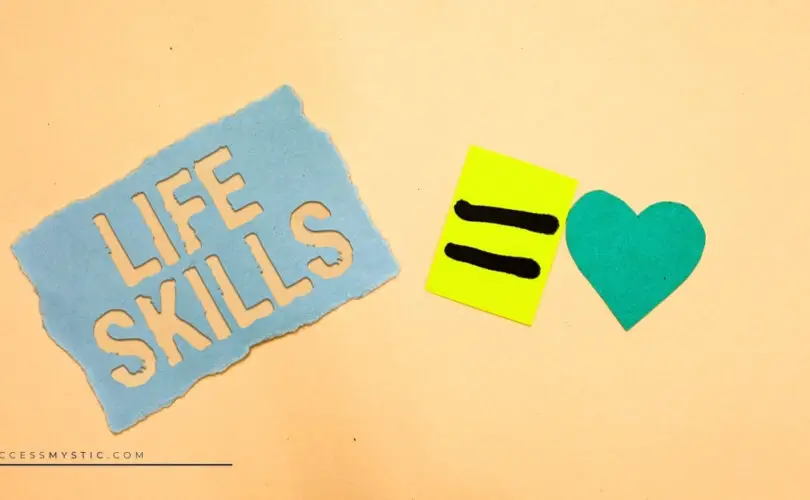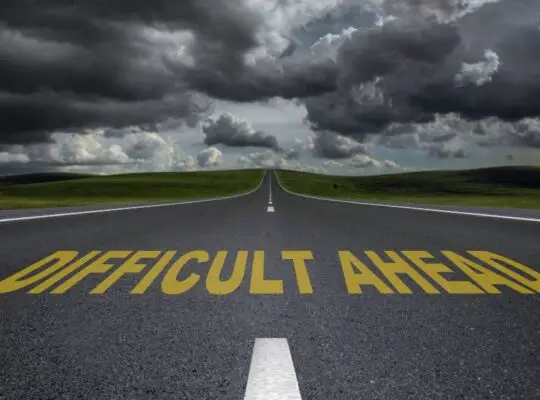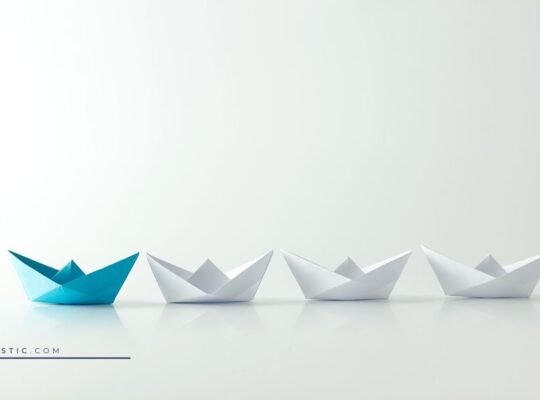You often hear people talk about the need to learn or improve their “life skills” or to improve on their “adulting skills,” but what they really mean by these things varies greatly. For example, some would argue that knowing how to create and stick to a budget is a key life skill, and others would say that you must know how to cook to live.
Any skill that serves a purpose and is useful in your life could be considered to be a life skill. Most people use this term to refer to those strategies and abilities that help us deal with the challenges of life and to live to our full potential. But, if you dig a little deeper, you will see that there are some essential abilities that underline all of these, and these are what we referring to as key life skills.
Mastering these crucial capacities can help you survive and thrive in whatever situation you may find yourself in throughout your life. These are necessary skills that can help in all types of situations and that can help you learn other competencies like budgeting and cooking. These are the cognitive, emotional, and mental attitudes and skills that lead to a better you and a happier, healthier life.
Key Life Skills For A Better You
1. Self-Awareness

Self-awareness is your ability to know and understand yourself, to recognize your strengths and limitations, and to be aware of how your beliefs and emotions influence your choices and actions. When you are self-aware, you are not only conscious of your body but also of your thoughts. To be self-aware, you must have emotional awareness (another critical life skill we explore later), the ability to assess yourself accurately, self-confidence, and a sense of self- worth.
When you lack self-awareness, it is challenging to live productively or to be genuinely happy. A lack of self-awareness means you may not understand your own goals or values, you may stay in situations that are unsatisfying to you, and you may have relationships that are dangerous or uncomfortable.
Those with higher levels of self-awareness are able to recognize opportunities that align with their values and goals as well as make plans for the future that allow them to attain their desires. Self-awareness helps you understand why you are successful or experience setbacks, where your strengths lie, and which people in your life are helping you to fulfill your potential. Instead of running on autopilot, self-awareness makes you more conscious of your choices and how they influence your overall success.
2. Empathy

Another essential life skill to master is empathy, which is your capacity to understand or feel what someone else is experiencing from their point of view. Being able to put yourself in someone else’s position or “walk in their shoes” are often-used ways of describing empathy in action. When you are empathetic, you care about how other people feel and understand how your actions or beliefs may be viewed or interpreted by others.
There are three types of empathy: cognitive empathy, emotional empathy, and compassionate empathy [*]. The first is about understanding others’ emotions and thoughts through rational thinking, while emotional empathy is literally feeling the emotions of others. Compassionate empathy is acting in ways that are connected to your understanding of how others feel.
Understanding other people, paying attention, and being aware of differing perspectives is an integral part of learning empathy. When you have compassion, you are concerned about other people and want to see them reach their full potential, so you will act in ways that re helpful to them. Empathy enables you to see that others bring much diversity and strength to your life, and you can leverage those differences to help both you and others grow.
These first two life skills are deeply connected to the next, which is emotional intelligence and management.
3. Emotional Intelligence

Your emotional intelligence is how well you recognize and manage your emotions as well as respond to the feelings of other people. The previous two life skills, self-awareness and empathy, play key roles in your emotional intelligence, as you must be aware of how your emotions affect you as well as respond appropriately to others based on yours and their feelings.
Those with keen emotional intelligence enjoy many benefits. Because of their ability to manage their own emotions as well as recognize those of others, they are often able to have stronger, more fulfilling relationships. With higher emotional management, you usually connect with people more easily and feel comfortable in groups.
Emotional intelligence helps you to understand your own thoughts and feelings, which enables you to cope with stress, setbacks, and other adverse events in your life. Higher emotional regulation means you are less likely to suffer from mental health problems, too.
You are likely beginning to see that developing one of these key life skills contributes to your ability to learn and grow in other areas, as well. Those who focus on self-awareness, for example, are better able to recognize their feelings and understand how they are affecting their lives. And once you have better emotional management, you are more likely to exercise empathy in your connections and interactions with others. You will continue to see this interconnectedness among the skills we explore below.
4. Critical Thinking

Another key life skill that relates to how you think and use your mind is critical thinking, or the understanding and analysis of facts to formulate a judgment. Critical thinking is a multifaceted life skill that integrates many cognitive processes.
To think critically, you must be able to communicate well, use problem-solving strategies, understand the perspectives of others, and be aware of your personal biases and presuppositions.
When you think critically, you try to find the connections between ideas as well as use rational thought to consider all ideas. In most situations, thinking critically also entails thinking for yourself and not allowing others’ opinions or views to influence your own ideas.
To think critically means you are engaged in the thought process, not just passively taking in information and accepting it at face value.
Some of the skills involved in critical thinking include:
- Asking questions and reviewing assumptions
- Seeking to understand the broader context
- Looking for links between ideas or events
- Analyzing data or information to determine patterns or themes
- Determining the relevance of information and the validity of sources
- Evaluating the arguments presented by different perspectives
- Reflecting on your personal values, beliefs and assumptions
5. Creative Thinking
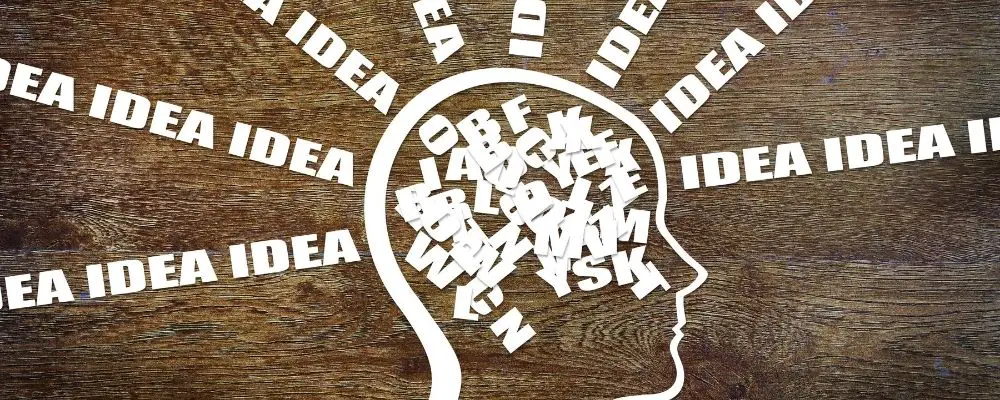
When you use creative thinking, you are creating something new and valuable. What you create can be anything from an idea to a physical object, and value is determined by you as well as others that might benefit from it.
When you use creativity, you can look at a situation or problem differently, and you bring new perspectives to your relationships, actions, and beliefs. Even those who are not creative in their work need to be able to think creatively, as it helps make life exciting and makes you unique.
You can learn to be more creative in many ways. While most people associate creativity with unstructured tasks like brainstorming, there are also more structured strategies that encourage creative thought, including lateral thinking. Because the goal of creativity is to make something new, how you use your skills in this and what you create is boundless.
Our brains tend to like patterns and familiarity, so learning to think outside the box and use creativity is definitely a learned skill. You can learn to be more creative by considering how others think and see the world (empathy), by being willing to try new things and embrace novel opportunities, by engaging in creative acts such as making art of music, and by encouraging yourself to think beyond the norm in everyday situations.
6. Stress Management

Stress places many burdens on your body as well as your mind, and while a small amount of stress can enhance focus and improve your performance, excess anxiety and chronic stress are both highly detrimental to your well-being.
When you experience stress, your body produces hormones that slow bodily functions and affect other hormones. Being under stress influences how you feel, how you think, and your decisions, actions, and reactions to the world and other people in it.
Learning to manage your stress, find effective coping mechanisms, and reduce its negative influence on your overall well-being are critical life skills. Being aware of how your anxiety is affecting you is the first step, which is why self- awareness is so necessary. Knowing how stress influences your body, mind, and emotions will help you see when you need to intervene to reduce your stress.
You can learn to avoid specific stress triggers when possible, and you can also engage in activities that help you reduce your feelings of stress and provide you with a healthy outlet. You may enjoy stress-reducing activities such as exercise, yoga, taking a hot bath, spending time with friends, taking a long walk, reading, or engaging in a favorite hobby.
7. Interpersonal or Social Skills
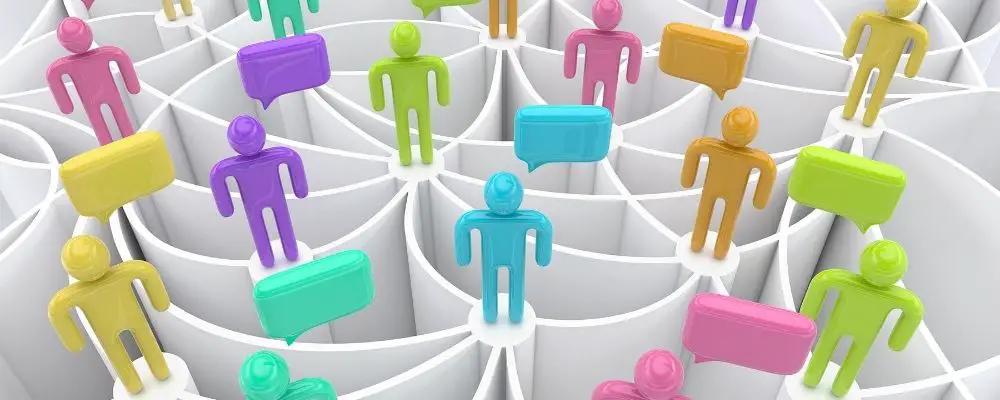
Your ability to maintain and cultivate relationships in your life, including with family, friends, colleagues, and romantic partners, plays a significant role in your life. Social skills are those that help you interact and communicate better with others, and they depend a great deal on the other critical life skills we cover in this review.
Being aware of your own values and needs will help you to determine if a relationship is healthy and supportive of your life and using empathy and your emotional intelligence can help you connect with others while also caring for your own needs.
Your ability to form relationships also depend on the application of many other critical life skills that we cover below. These include communicating, listening, cooperation, negotiation, compromise, resolving conflicts, decision making, and problem solving.
To navigate the sometimes-difficult waters in relationships, you must have and be able to adeptly use these skills in many different ways while also holding true to your own beliefs and values, which takes integrity.
Having healthy relationships is essential for your mental, emotional, and even physical well-being. When you spend time with and are supported by others who care for your wellness, you are at a lower risk for mental health issues like depression, and you are more likely to feel more positive in your life. Interpersonal relationships are a reliable support system that can help you achieve your goals and live a satisfying life.
8. Decision Making

Being able to select a choice among many available options is known as decision making. To make good decisions, you must be able to identify all the possible alternative, evaluate which is the best for you or your situation, and ensure that your choice is aligned with your preferences, values, and beliefs. In addition, you must then be able to devise a plan for implementing your decision and putting it into action.
Making the best decisions is often an interplay of two processes, your intuition and your critical thinking abilities. Your intuition, which is sometimes called your gut instinct, is really just your subconscious telling you what to do. Intuition is the manifestation of your long-held beliefs, along with your patterns of behavior in the past.
When you feel comfortable with something, your gut tells you to go for that option. But your intuition may not always be leading you in the right direction.
Being able to think critically and use reasoning to carefully consider your decision is an essential part of the process. Critical thinking enables you to consider options that are outside of your comfort zone, to view alternative perspectives, and to weigh the outcomes for both yourself as well as other people.
When making simple or more trivial choices, your guy will generally lead you in the right direction. For decisions with longer-lasting implications, though, using more of your critical thinking skills can ensure that you are making the most informed choice.
9. Problem Solving

Problem solving is often related to decision making but may include different choices or outcomes. Not every decision is a problem, but every problem involves making decisions. Whatever the challenge you are facing, you have options for solving them, and your ability to solve problems will help you make the best choice for you.
Problem solving starts with your ability to understand the issue and to recognize how it is affecting yourself as well as other people. Determining not only the symptoms of the problem but the actual cause or source of it is crucial. Using your critical-thinking and decision-making skills, you will then examine the viable solutions or approaches and determine which is the best fit.
Enacting this choice and working to actively overcome the challenge will be the last step, which takes resilience, organization, and other essential life skills like patience, assertiveness, and communication, depending on the situation.
Your capacity to cope with the stress of a challenge in your life also plays a role in your ability to overcome it. Your ability to solve problems influences every important domain of your life, from your personal to your professional success, from your relationships with others to your personal well-being.
10. Effective Communication

Your ability to communicate is how will you convey meaning, emotion, and other information to the world in which you live. You communicate in many ways, including your words, your nonverbal cues, written text, symbols, and your personal appearance. A critical component of effective communication is your ability to listen to others as well as construe meaning form them.
Effectively communicating allows you to pass valuable information on to others, to know what others are trying to tell you, to understand the emotional and physical needs of your loved ones, to share important discoveries or questions, and to know and be known by the world. Without the ability to communicate, you would feel isolated and unable to connect, and you would also struggle to learn and grown as a person.
Being an effective communicator can be difficult, and it is skill you will likely work your entire life to master. Continuing to hone your communication skills will help your to improve your professional success, your interpersonal relationships, and your understanding of yourself and the world.
11. Assertiveness
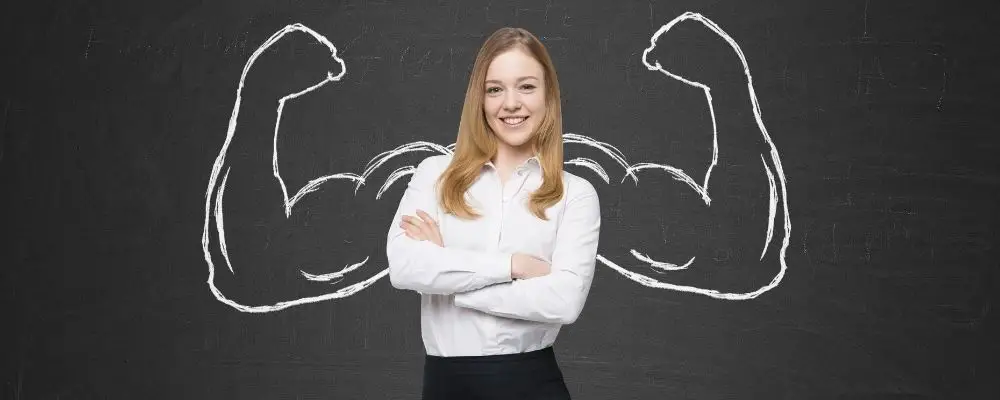
While some may associate assertiveness with negative connotations, this is a crucial life skill that we should all learn and develop. Being assertive is simply being confident without being overly aggressive, and it is a skill that ensures that you set boundaries for yourself and stand up for your needs and ideas.
When you have assertiveness, you are not afraid to stand up for your rights or those of other people, and you do so positively and calmly. Being assertive is helpful in all aspects of your life and can help you make better decisions and solve problems more effectively.
Because assertiveness is standing up for your personal thoughts, beliefs, and feelings, it helps you to form more positive relationships with others. Acting assertively is not about infringing on the ideas, values, or opinions of others, though, and it is not an aggressive attack on those who think or believe differently. It is, therefore, an important communication skill that influences your personal and professional success.
Taking the rights, needs, and desires of others into consideration requires empathy, critical thinking, and effective decision making. And because assertive people also want others to stand up for themselves, they use their emotional intelligence and communication skills to encourage others to share honestly and openly.
When you are assertive, you must also be willing to admit when you are wrong, to apologize when you harm others, and to be open to others’ perspectives and ideas.
12. Resilience
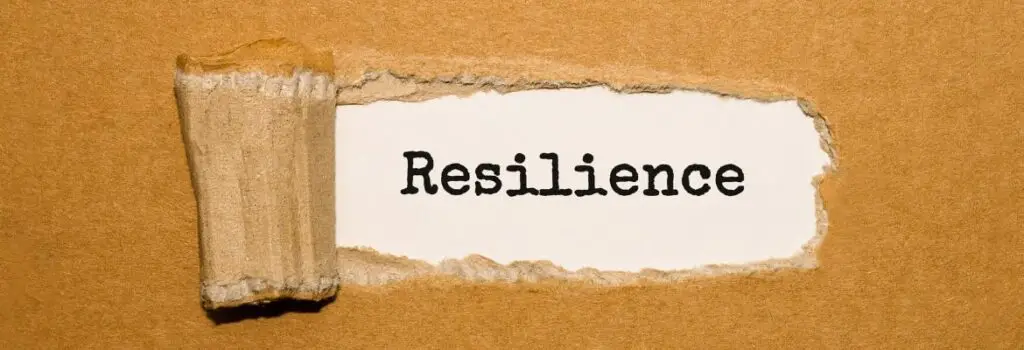
Your ability to bounce back after challenges and recover from adversity is your resilience. This life still is tremendously essential in all aspects of your life because you will face obstacles and setbacks in all areas throughout your life.
Resilience is not only being able to meet these challenges and overcome them but also being able to learn and grow from them to apply those lessons to your future. Whether you are facing minor obstacles or enormous life challenges, resilience is needed.
To become resilient, you must cultivate and use many important life skills. Being aware of yourself and what is happening around you is the first step and engaging your critical thinking skills to interpret the events and problems will help you make better decisions.
Calling on the people in your life who can help you face your troubles is crucial, too. And being able to cope with stress and maintain emotional control will help you not only survive but to thrive from your challenging circumstances.
Resilience is as much tied to your emotional health as it is to your cognitive abilities. Being motivated to succeed, being mentally tough as well as confident in yourself, and remaining optimistic about the future despite current conditions are all part of your thoughts and emotions, not your thinking abilities. So, your emotional intelligence and self-awareness play a crucial role in your ability to maintain resilience during personal challenges.
13. Negotiation and Conflict Resolution

Negotiating is how we settle our differences, and it is how we resolve conflicts and reach agreements in our lives. To achieve a successful outcome in any dispute you have in your life, you must reach an agreement that is fair to all parties, has some benefit to everyone involved, and allows for the maintaining of a relationship after the
resolution is reached.
Being able to negotiate and resolve conflicts is crucial in personal as well as professional realms and involves the application of many other critical life skills.
This life skill is the careful use of many previously mentioned capacities. You need to aware of your own goals, needs, biases, and perspectives. You must have empathy for the other person’s, as well. You need to exercise both critical and creative thinking to find solutions and make good decisions.
You need to be able to manage your stress while using your social and communication skills. And you must be assertive about your position as well as resilient if the outcome is not what you had hoped.
Being able to successfully navigate challenging situations, to resolve conflicts with others, and to negotiate for what you want will ensure that you are protecting yourself as well as your relationships with others, and it can help you to reach your personal goals or those of the organization you represent.
14. Time Management

Being able to use your time productively and efficiently is beneficial in several ways and can contribute to your other key life skills, as well. Time is a finite commodity in our lives, and the more effectively you can use it, the more time you will have for those things that matter most to you. Time management is not just using your time well but also knowing your priorities to ensure that those are things that you are focusing on throughout each day.
To have excellent time management, then, you must know yourself and be able to understand what you need in life to be happy. Time management contributes to your ability to manage your stress, and it is benefitted with you use good critical thinking skills and exercise excellent problem solving and decision making. Those with excellent communication skills are better at managing their time since they don’t waste it trying to understand others or be understood.
When you have good time management skills, you are able to accomplish your goals, have time for the priorities in your life, and realize your full potential. Without it, you will often feel like there isn’t enough opportunity for everything you want or that you are not able to become the person you want to be.
15. Organization
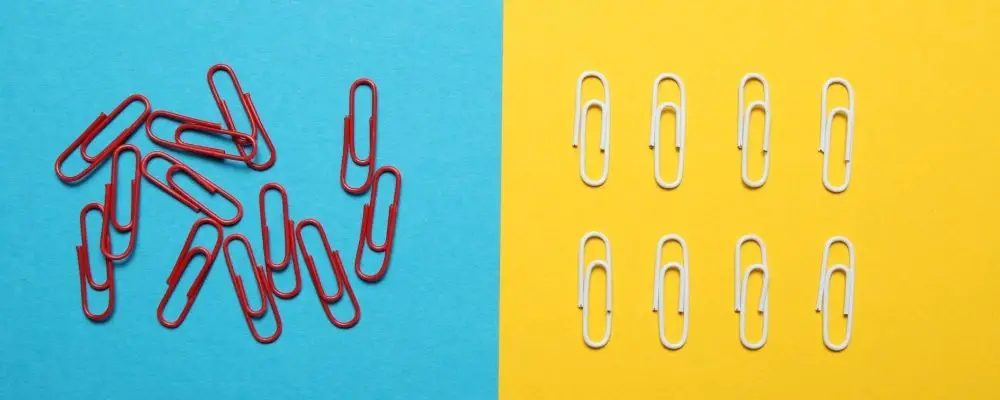
Those who have excellent organization skills are able to use their space and possessions effectively and efficiently and continues to your ability to use all your other life skills well. Being organized contributes to productivity, helps you take advantage of more opportunities in your life, and can lead to less stress and more joy and fulfillment for you.
Knowing yourself and what you need to be who you are is crucial and being able to think critically as well as creatively will help you organize your life and possessions in meaningful ways for you. When you are organized, making decisions and solving problems is easier, and time management is also much easier. Organization can help improve your relationships with others while also help you achieve your goals.
Final Thoughts
Clearly there are many more life skills that you will need throughout your life. From learning how to study to ensure that you have employability to becoming a better leader, you will develop many skills throughout your life as your needs and circumstances change.
But, when you have the foundation of the fifteen life skills discussed here, learning all those other skills, like parenting, caring for your body, and developing financial success, will become much easier because the foundation is in place.
These key life skills represent the cognitive skills, emotional states, and mental outlooks that you need to succeed in everything else in life. Learning to cultivate and maintain these throughout your life will help ensure not only your success but also your happiness and allow you to be a better you.
